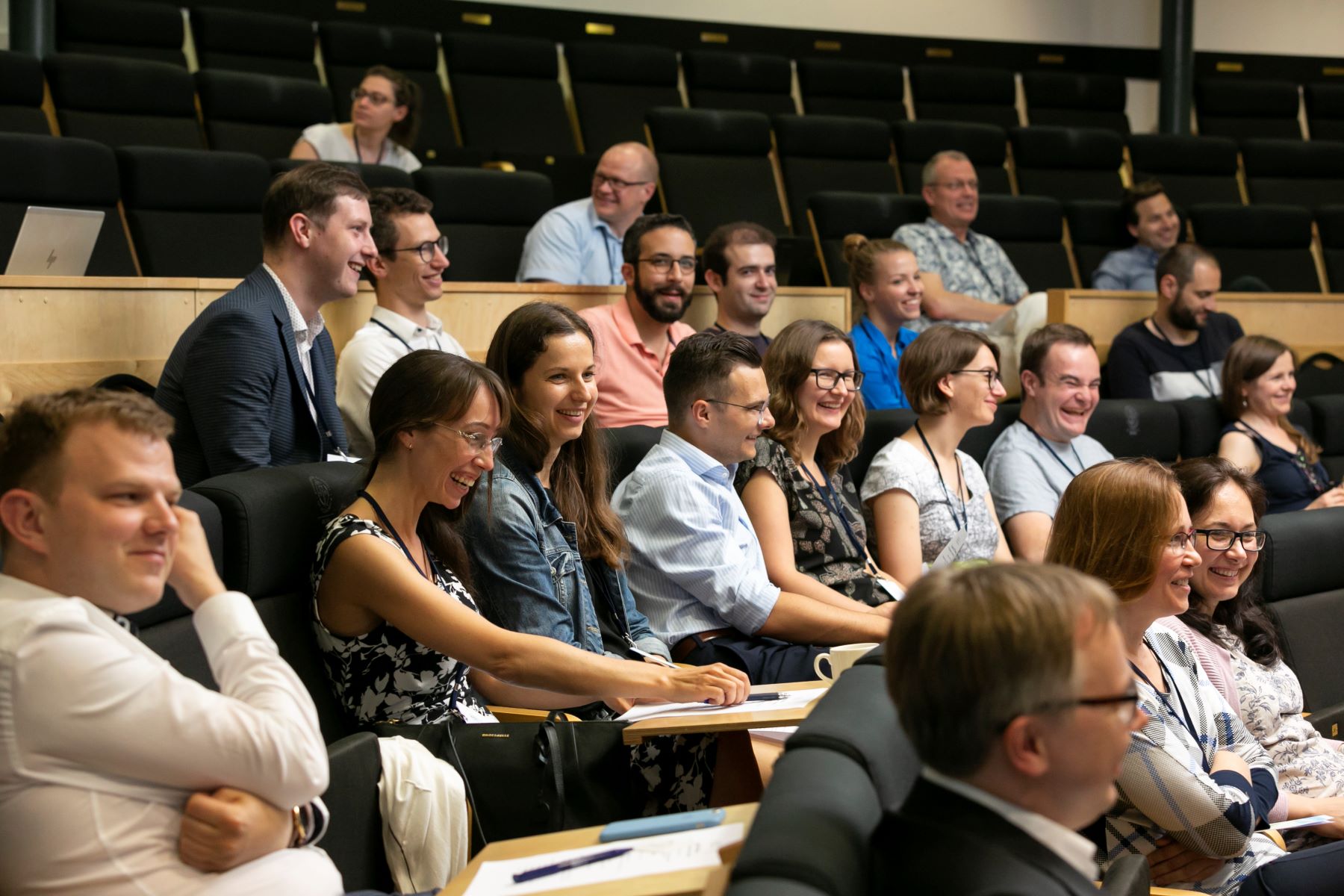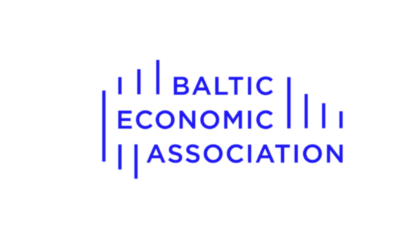Effective governance lies at the heart of long-term family business success. On 15-16 June 2026, Estonian Business School (EBS) will host the 4th Baltic Family Firm Institute – ECGI Conference Steering the Legacy: Governance and Succession in Family Enterprises. The event will explore how family firms can strengthen governance, manage succession, and navigate the growing complexity of family offices and shared assets. Participants will explore evolving best practices in board composition, financial and managerial decision-making, and conflict resolution, as well as strategies for preparing next-generation leaders and aligning family and business goals. Through discussions with leading family business owners, advisors, and academics, the event will offer insights on how strong governance can drive sustainable growth, preserve legacy, and foster harmony across generations.
A selection will be made by the conference scientific committee from papers and abstracts that are submitted before the deadline of 1 February 2026 (at midnight CEST). Researchers will be notified whether their paper has been accepted for the conference before 1 March 2026.
Program queries should be directed to Anete Pajuste (anete.pajuste@sseriga.edu).
Venue: Estonian Business School, A. Lauteri 3, Tallinn, Estonia
Visit the event’s page for more info.

